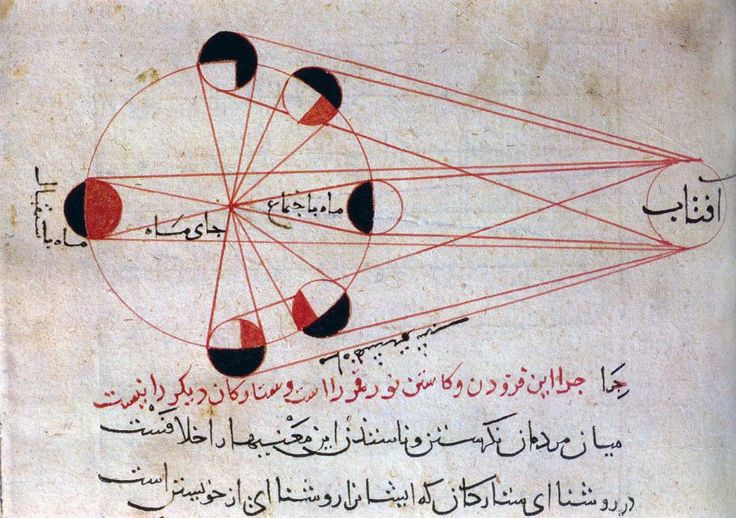Al-Biruni
Overview
The biruni is a versatile all-in-one storage utility that offers seamless interchangeability between various storage options such as localStorage, sessionStorage, ionic/secure-storage, react-native/sqlite, capacitor/preferences and also in-memory cache storage. It also includes a built-in synchronizer feature and supports integration with Broadcast Channel API and Storage Event API.
With a powerful plugin API, biruni provides flexibility for developers to tailor their storage solutions to fit their specific needs. It is designed to seamlessly integrate with popular front-end libraries and frameworks such as React.js, as well as store management libraries like zustand, pullstate, and redux.
Named after the renowned scientist Al-Biruni, the biruni project aims to streamline the storage process and enhance the overall efficiency of data management for developers. Whether you are looking for a reliable storage solution or seeking to optimize your data storage capabilities, biruni offers a comprehensive and adaptable solution for all your storage needs.
Installation
$ pnpm add --save biruni$ npm install --save biruni$ yarn add --save biruniExample
import { biruni } from 'biruni';
import { event, json, localstorage } from '@biruni/built-in';
type CounterStore = {
count: number;
};
export default biruni<CounterStore>()
.plug(json())
.plug(event())
.plug(localstorage())
.init(() => ({ count: 1 }));import { biruni } from 'biruni';
import { event, json, localstorage } from '@biruni/built-in';
import zod from '@biruni/zod';
import { z } from 'zod';
const CounterSchema = z.object({ count: z.number().min(1).max(10) });
type CounterStore = z.infer<typeof CounterSchema>;
export default biruni<CounterStore>()
.plug(json())
.plug(event())
.plug(localstorage())
.plug(zod(CounterSchema))
.init(() => ({ count: 1 }));import CounterStore from './store.ts';
const count = await CoutnerStore.get('count');
CounterStore.on('preChange', function (payload) {
console.log('[ ', payload.source, ' ] >--CHANGED--> [ ', payload.target, ' ]');
// [ { count: 1 } ] >--CHANGED--> [ { count: 5 } ]
});
setTimeout(() => {
CounterStore.set('count', 5);
}, 3_000);Features
Simple
Experience the simplicity of Biruni with its 3-Step process from definition to manipulation, making it incredibly easy to use.
Extensible
Expand the capabilities of Biruni with our Plugin API. Unlock unlimited possibilities by integrating various plugins to suit your needs.
Battery-Included
The
BiruniUnified All-in-One Utilities around Storages and Stores
Interchangiblity
Leverage Biruni's powerful Plugin API to effortlessly interchange components without worrying about API calls. Its abstracted methods and plugin-based approach make it a versatile solution.
Cross-Use, Write Once, Run Everywhere
Biruni ensures your experience remains smooth and consistent across different platforms. It comes equipped with built-in polyfills and API availability checking, allowing it to function even in unsupported environments.
Safe
Biruni powerd by Typescript programming language.
Al-Biruni
Persian scholar and scientist
Al-Bīrūnī /ælbɪˈruːni/ (Persian: ابوریحان بیرونی; Arabic: أبو الريحان البيروني) (born Sept. 4, 973 CE, Khwārezm, Khorāsān [now in Uzbekistan]—died c. 1052, Ghazna [now Ghaznī, Afg.) was a Iranian Muslim astronomer, mathematician, ethnographist, anthropologist, historian, and geographer during the Islamic Golden Age. Al-Bīrūnī managed to become the most original polymath the Islamic world had ever known.[ 1 ] Al-Biruni was well versed in physics, mathematics, astronomy, and natural sciences, and also distinguished himself as a historian, chronologist, and linguist. He has been called variously the "Father of modern geodesy", and the first anthropologist.[ 2 ] He found the diameter of the earth very close to today's value. He argued that trigonometry, which he learned in India, should be seen as a separate science from astronomy. He advised radius to be used as a unit in trigonometric functions in astronomy and geography. Moreover, he thought possible the Earth to revolve around the Sun and developed the idea the geological eras succeed one another.

Lunar Cycles explained by Persian Astrologer